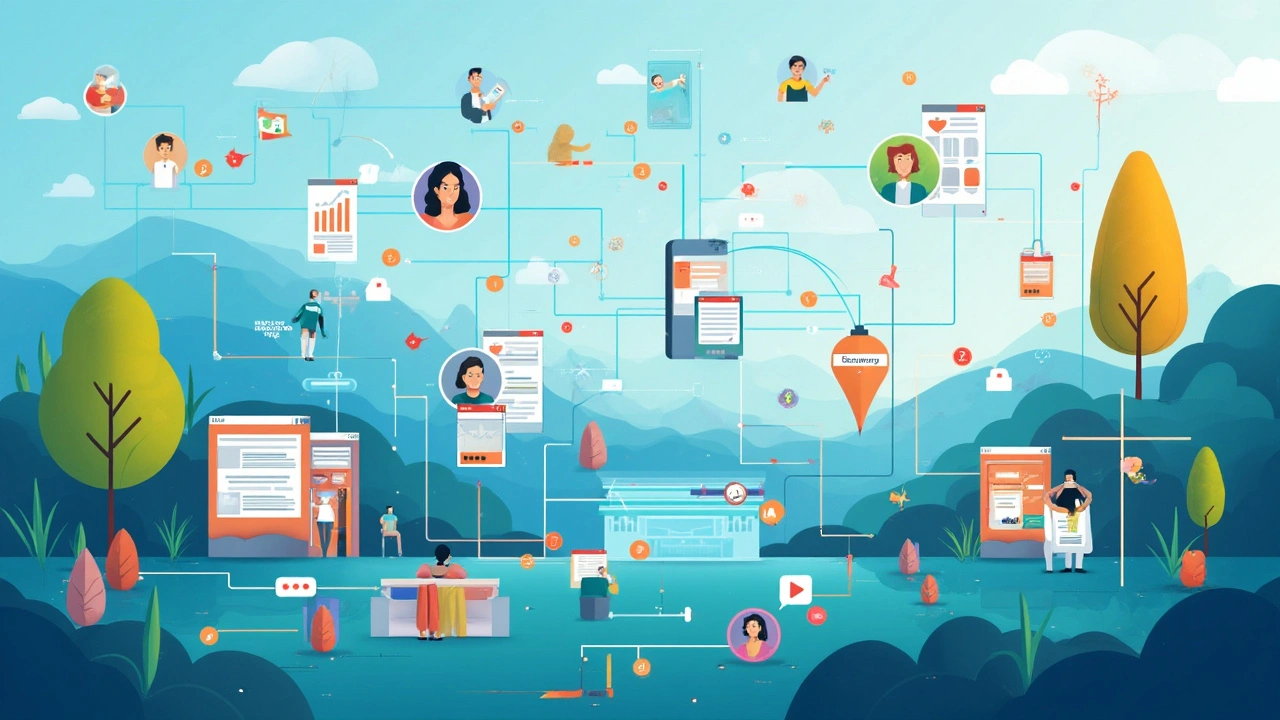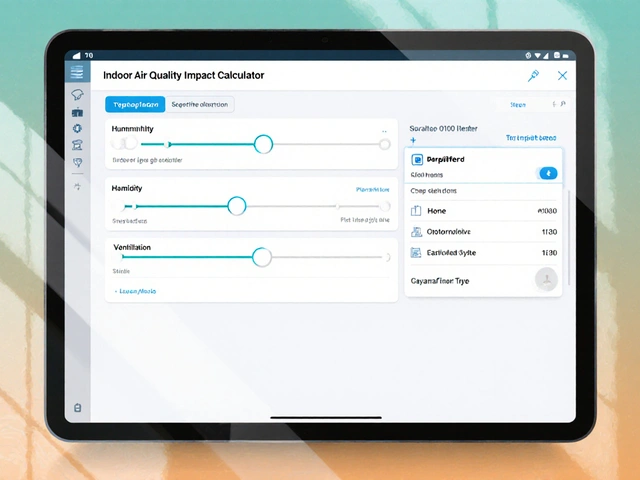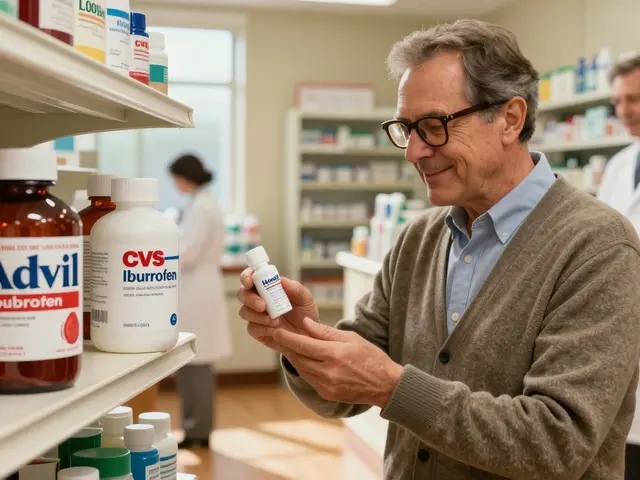Health Resources: Practical Online Guides & Trusted Alternatives
Finding clear, reliable health resources online feels harder than it should. You want facts you can trust, not vague claims or clickbait. This page helps you spot good sources, use them safely, and points you to solid alternatives to big sites like Healthline.
How to pick reliable health sites
Start by checking who writes the content. Look for articles written or reviewed by doctors, pharmacists, or licensed health experts. If a page hides authorship or uses anonymous posts, treat its claims with caution.
Next, check sources. Good articles link to research, medical guidelines, or official bodies (like WHO or CDC). If a page makes bold medical claims without links or references, don't rely on it for treatment decisions.
Watch for bias. Sites that push a single product, extreme diets, or paid endorsements often mix facts with marketing. Balanced resources present risks, benefits, and alternatives. Also notice update dates—medical advice changes, and recent updates matter.
Top reliable places to check
Besides major outlets you already know, try a mix of specialty and community-driven resources. For drug details and dosing, official drug databases and pharmacist-run sites give practical, clear info. For condition overviews, patient-friendly pages from hospitals or medical schools are usually solid. For community perspective, moderated forums and patient groups can help you understand daily life with a condition, but don't use them as medical advice.
If you want alternatives to Healthline, look for sites that match your needs: clear citations for research, tools that personalize results, or communities with expert moderation. We recently reviewed several alternatives and highlighted options that focus on clinical accuracy, user tools, and community support.
Use multiple sources. Read a condition overview on a trusted medical site, check drug interactions on a pharmacy database, and read patient experiences to understand day-to-day challenges. Combining these perspectives gives a fuller picture without relying on a single voice.
When it comes to medicines, always cross-check dosing and interactions before acting. If anything seems unclear or risky, talk to a pharmacist or your doctor. Online info is helpful for learning, but diagnosis and prescription choices should come from a licensed clinician who knows your history.
On this site, Top RX Market shares clear info about medications, common conditions, and supplements. We focus on practical, trustworthy guidance so you can make smarter choices. If you want, start with our post "Discovering New Health Destinations: 8 Alternatives to Healthline in 2025" to see specific site recommendations and what makes each one useful.
Want quick tips? Check authorship and date, favor sites with references, avoid pages that sell a single fix, and confirm drug details with a pharmacist. Do that and online health resources will be tools that help, not confuse.

Discovering New Health Destinations: 8 Alternatives to Healthline in 2025
In the ever-expanding online health resource landscape, it's essential to explore various platforms that offer medical and lifestyle insights. While Healthline is a popular choice, several alternatives provide unique features to cater to diverse health needs. From personalized tools to community engagement, these websites present valuable options for anyone seeking reliable health information. Each platform has its own strengths and weaknesses, guiding users to choose the most suitable resource for their lifestyle and medical interests.
Health ResourcesLatest Posts
Tags
- online pharmacy
- medication safety
- generic drugs
- medication
- dietary supplement
- side effects
- online pharmacy UK
- drug interactions
- mental health
- impact
- online pharmacies
- statin side effects
- dosage
- generic vs brand
- pediatric antibiotics
- antibiotic side effects
- skin health
- health
- pain relief
- dietary supplements




